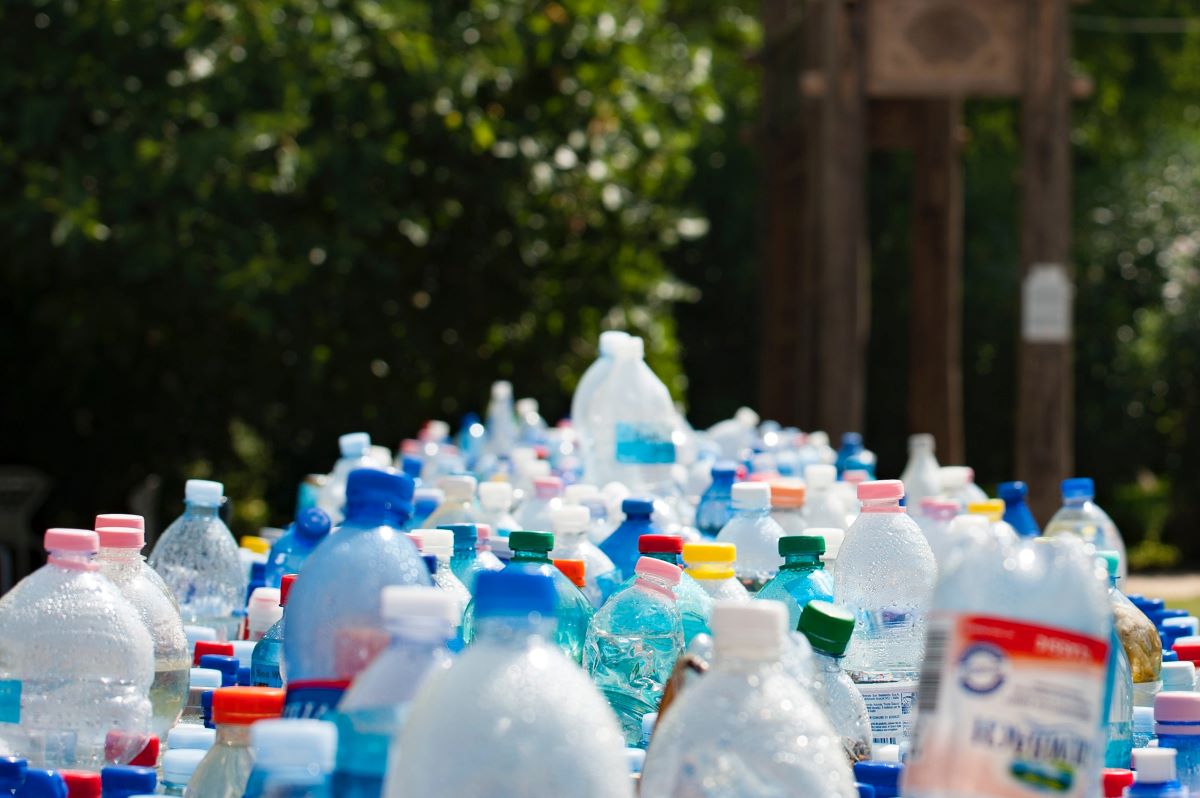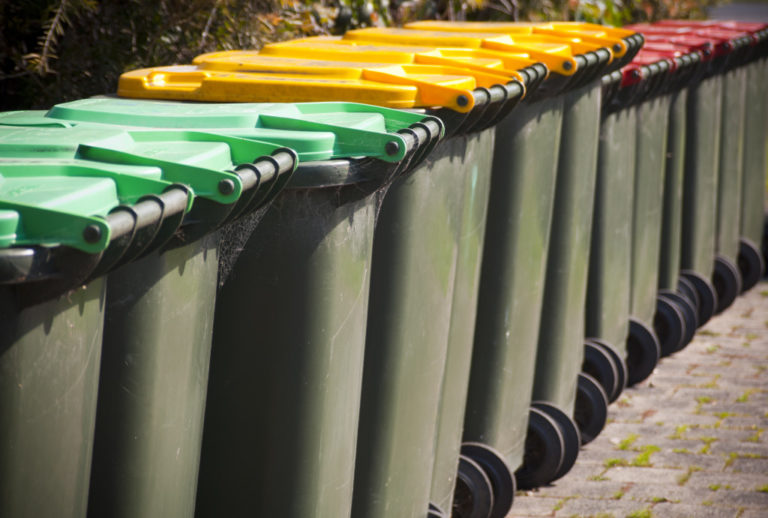The waste management and recycling industry are among the most labor-intensive sectors. However, much of the labor intensity is in recycling, especially in sorting. Waste collection and equipment operation also throw in a fair level of complexity in the required human labor. So, whether you are a small recycling company or an established property developer, it is crucial to follow workplace health and safety regulations in your waste management and recycling processes.
Make your employees’ health and safety a priority
Yes, it is the responsibility of waste management companies to ensure employees follow the procedures that will not compromise their health and safety. However, encourage your customers also to help your employees stay safe. Provide your customers and tenants to follow your recommended waste sorting and disposal methods. This move will speed up garbage collection and provide the collectors with a more organized space, thus minimizing back injuries from excessive work and lifting bulky bins.
Also, utilize, among others:
- Odor control processes— Strong, foul smells are characteristic of decomposing and chemical wastes. Therefore, when handling these types of waste, ensure your waste and recycling equipment comes with odor control processes. Doing this will save waste handlers from suffering breathing complications from these pungent smells.
- Carts and dumpers— A typical family’s week’s trash is heavy enough to inflict back strains on garbage handlers. Industrial waste is even heavier. Therefore, supply your customers with carts and dumpers into which to dispose of their waste to save your employees unnecessary back pains.
- Lifter services— Lifters are essential waste management equipment as they use mechanical pulley systems to empty garbage carts and dumpers into trash trucks. Such lifters will only require minimal human resources for pneumatic control. Lifters are also crucial equipment in moving heavy bales of compacted waste or recycled products.
- Industrial baling— It is labor-intensive, time-consuming, and costly to only use human resources in baling waste and products of the recycling process. Automatic industrial balers and commercial trash compactors are the most suitable equipment here. Besides, these machines will minimize employee burnout and reduce hand injuries from thrashing waste into bales.
- Medical waste sterilizers— Medical waste could contain biohazards and are easy carriers of viruses and bacteria of contagious diseases. Therefore, waste management and recycling companies should use autoclaves in preparing medical waste for handling and before disposing of or recycling any used medical equipment.
- Preventative maintenance— Contact your waste equipment supplier for a comprehensive maintenance plan for all your waste management processes. This maintenance program should include routine inspections to ascertain that your waste management and recycling equipment are fully functional. Respective fixing of faulty electrical and hydraulic systems should then follow testing, too.

Regulations for all
Issue a company-wide directive requiring your employees to follow the workplace health and safety guidelines you put in place. C-level executives and supervisors should conduct random inspections to ensure waste facility and equipment operators are adhering to these WHS guidelines. Workplace injuries can cost you heavily in legal injunctions, not to mention covering medical expenses and your company’s reputation.
Insist on using well-maintained, ISO-certified waste management equipment. Your commercial trash compactors, balers, sterilizers, and conveyor systems should never compromise your employees’ health and safety.




